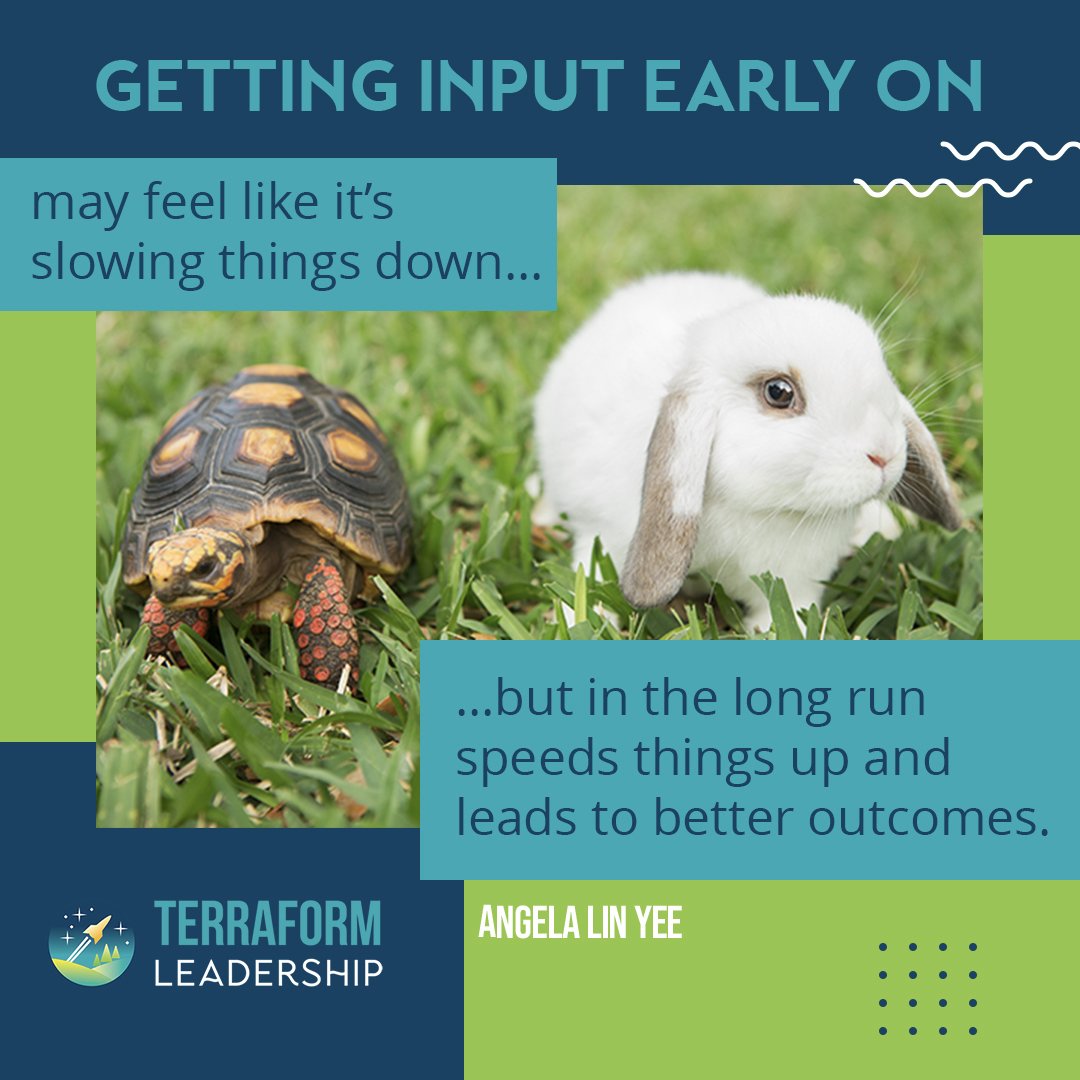Avoiding the Bypass Mistake: Why Speeding Up Could Be Slowing You Down
Are you unintentionally slowing down progress by moving too quickly?
I recently had an enlightening conversation with a member of an organization that juggles numerous projects simultaneously.
This organization employs a group of workers — let’s call them "Smart Experts!" — who provide exceptional advice and insights.
However, not everyone was thrilled with their guidance. One day, a client complained.
Instead of addressing the Smart Experts directly, their concerns went to the Leadership. Leadership sprang into action and created a new process to improve the Smart Experts’ advice.
But there was a catch—they forgot to consult the Smart Experts.
When leaders perform bypass surgery
This scenario is a classic example of what I call “bypass surgery.”
Leaders who are eager to resolve issues quickly often make decisions without involving those closest to the problem.
They jump in and fix the problem — perform surgery, so to say.
While the intentions are good, the execution, well… not so much!
Slowing down to speed up
Leaders are often under a lot of pressure, juggling multiple tasks and needing to make quick decisions. However, this can lead to the bypass of essential team members who have valuable insights.
When feedback is sought after a decision, it often leads to criticism, frustration, and resistance. This is why it's so important to involve the right people from the beginning, even if it seems counterintuitive.
Getting input early on may feel like it’s slowing things down, but in the long run speeds things up and leads to better outcomes.
Time pressures make it tempting to make quick decisions, but bypassing essential consultations can slow things down in the long run.
Reflection
Some leaders excel in avoiding bypass surgery by always asking, "Who needs to be involved?" before making any decision. They understand that building agreement takes time but is ultimately rewarding.
To avoid the pitfalls of bypass surgery, consider these key questions before making a decision:
Whose experience or knowledge would inform this decision?
Whose work is directly affected by this decision?
Who else will be impacted by this decision?
Taking the time to answer these questions early on can save you and your team from headaches down the line.
Next time you face a big decision, remember the importance of involving the right people. A little patience upfront can save you a lot of trouble later.



